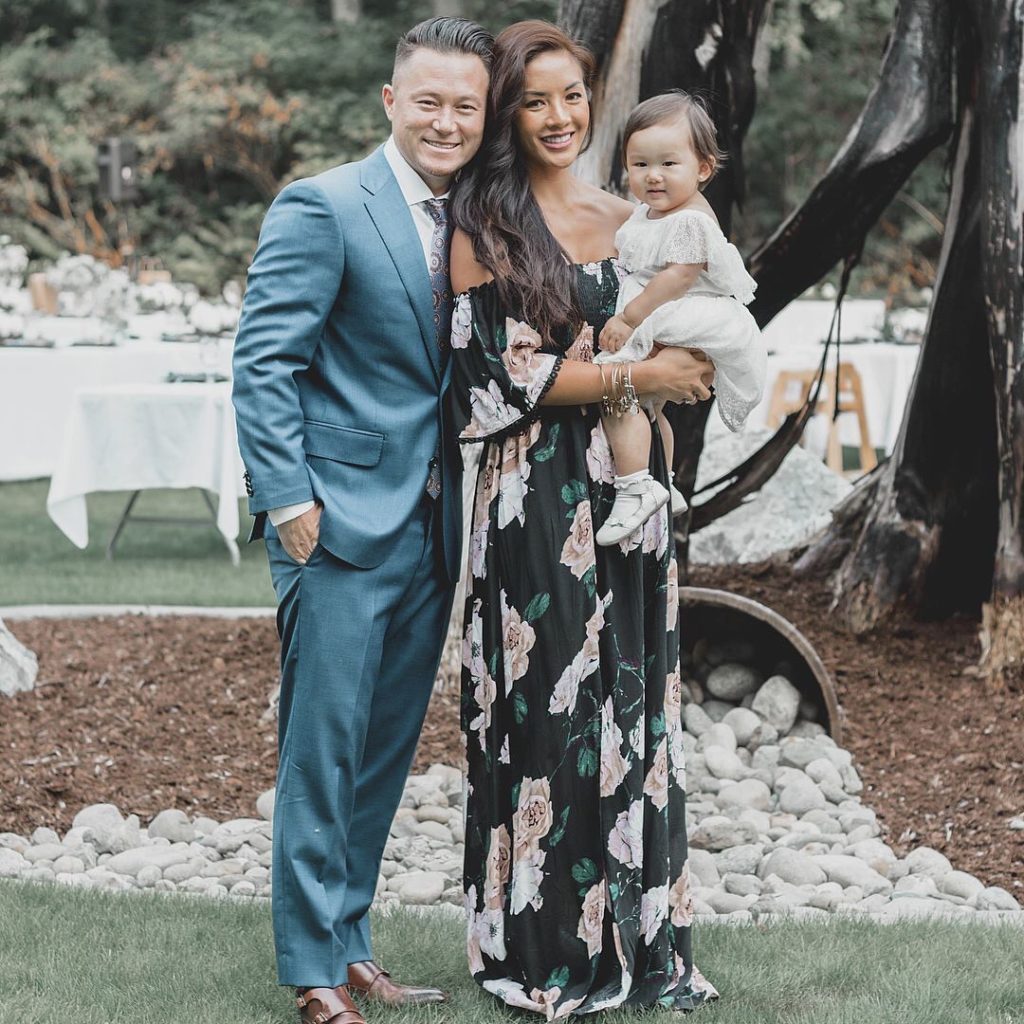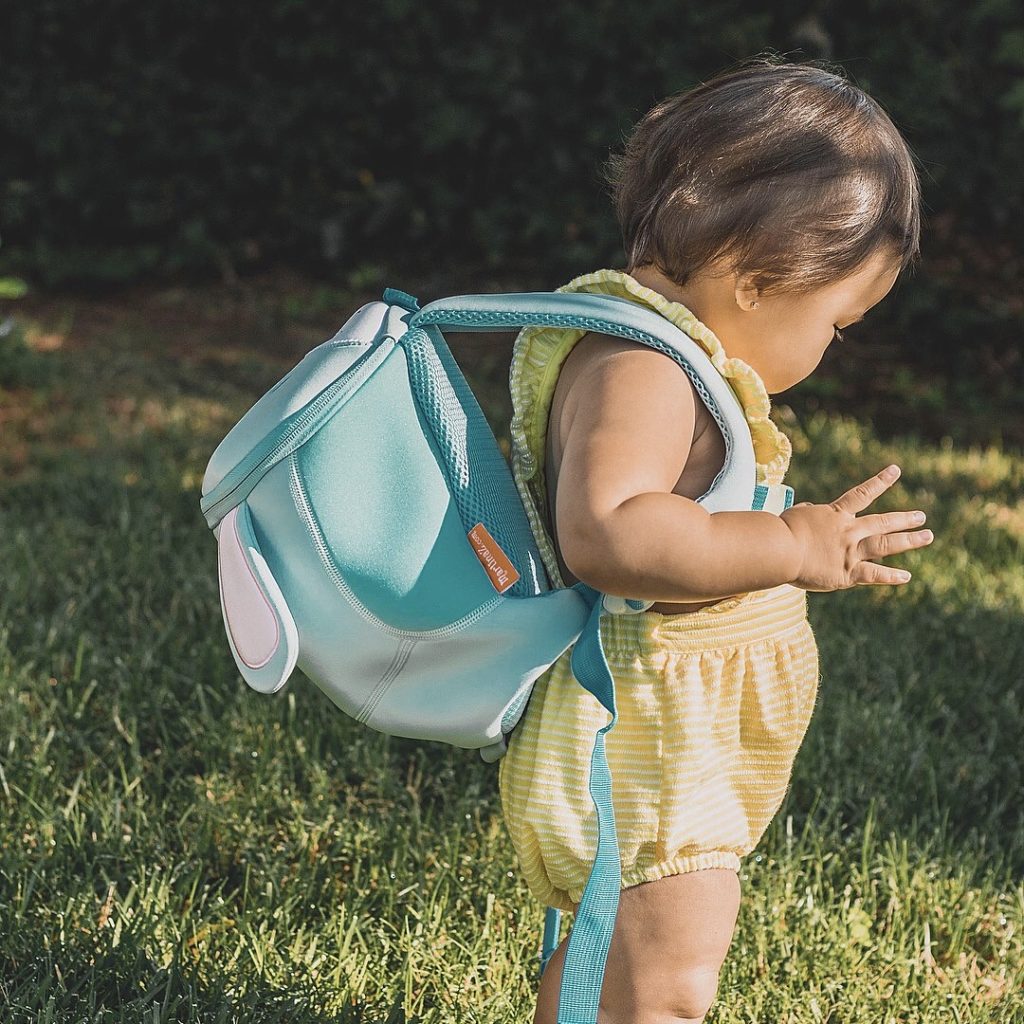DOCTORS VISIT
What to expect during this visit.
1. First, your doctor will measure your child’s weight, height, and head. The examination is performed when your baby is undressed. Then they will examine all the body parts such as teeth, ears, genitals, leg movement, listen to the heart and lungs, and eyes.
2. Tell your doctor if you do/don’t want to get the 15-month immunizations. Depending on the doctors office there could be four immunization shots during this visit. Each doctor’s office is different so give them a call in advance to prepare yourself and know what to expect.
3. Ask your doctor about any concerns or questions you have about your child. Some examples can be about sleep, milk intake, eating, gross & fine motor skills, pooping, and behavior.
CHANGES TO EXPECT AT 15 MONTHS
Food
At this age, the majority of toddlers are eating a variety of foods. Your child will be curious about how to use a spoon and might be able to feed themselves with utensils. Other children prefer to use their hands to eat. Their appetite increases and will be eating up to three meals and casually snack throughout the day.
Stool/Poop
The introduction to new foods will change the appearance and texture of your child’s poop daily. Even when you transition to whole milk and your child drinks more water, their poops will change. Let your doctor know if you notice any abnormal poops or also if your child is constipated or has a hard time pooping.
Naps & Bedtime
At night toddlers should be sleeping at least 10 hours. Toddlers take one to two naps a day. Nap times can range from 15 minutes to 4 hours. Start a regular bedtime routine. If your child wakes up at night, try to soothe and comfort your child to fall back asleep.
AVERAGE TODDLER WEIGHT FOR BOYS AND GIRLS
| Age | Size | Boys | Girls |
|---|---|---|---|
| 12 months | Weight | 19.8 – 22.9 pounds | 18.2 – 21.4 pounds |
| Height | 29.2 – 30.5 inches | 28.5 – 29.8 inches | |
| 15 months | Weight | 21.1 – 24.5 pounds | 19.5 – 23.0 pounds |
| Height | 30.5 – 31.8 inches | 29.9 – 31.2 inches | |
| 18 months | Weight | 22.4 – 26.0 pounds | 20.8 – 24.5 pounds |
| Height | 31.7 – 33.1 inches | 31.0 – 32.5 inches | |
| 21 months | Weight | 23.6 – 27.5 pounds | 22.0 – 26.0 pounds |
| Height | 32.7 – 34.3 inches | 32.1 – 33.8 inches |
DEVELOPMENT EXPECTATIONS
At 15 month’s toddlers are typically doing the following:
- good hand and eye coordination
- start to say more words
- understand and obey simple commands
- point to one or several body parts
- walk without assistance and begin to run
- loves to climb
- likes to go upstairs
- start to doodle with markets
- imitate activities, such as housework
- kicking and throwing objects
- gets emotional when watching tv
- stomping feet
Feeding
- Avoid foods that have low nutrients.
- Avoid sugary food and juices.
- Avoid foods that are high in fat and sugar.
- Avoid foods that hazardous to choking. Try cutting the food into smaller pieces.
- Give your child whole milk (not low-fat or skim milk, told otherwise by your doctor) until two years of age. Limit cow’s milk to 16-24 ouches a day.
- Give foods that are iron-rich, including meat, poultry, leafy greens, high fiber foods.
- Give plenty of food options to your child. Let them choose what they want to eat.
- If not done so already, start to transition from the bottle to a sippy cup. Nursing mothers, transition from the boob to a cup.
Behavior
- Positive encouragement. Your child is going to show some behavior such as tantrum that you will not approve. Encourage the good behavior. If you disapprove of your kid’s behavior, do not harm or spank your child. They are not aware of the association between bad behavior and physical discipline. Practice time out to address bad behavior. At this age, your child has more tantrums throughout the day. Try to ignore the tantrums if you already tried giving everything your baby might be in need of such as food, drink, or sleep.
- Stranger anxiety comes and goes between the ages of 12 and 24 months old. Even with close family members, they will also be looked at as strangers.
- Separation anxiety between the parents and child can grow stronger. Leaving will be harder since they are more aware at this age.
- Doesn’t want to be constrained in the stroller or high chair. This behavior is typical at this age since some kids prefer to walk and to explore around them.
Learning & Play
- Have plenty of option for them create play activities. Outdoor activities are best, so they can explore the world.
- Teach your child different objects, colors, animals, shapes, noises, numbers, and letters.
- Screen time with electronics should be limited and should not be routine.
- Talk, read, sing, play, and interact with your child as much as possible daily. At this age, they are learning so much from you every day.







